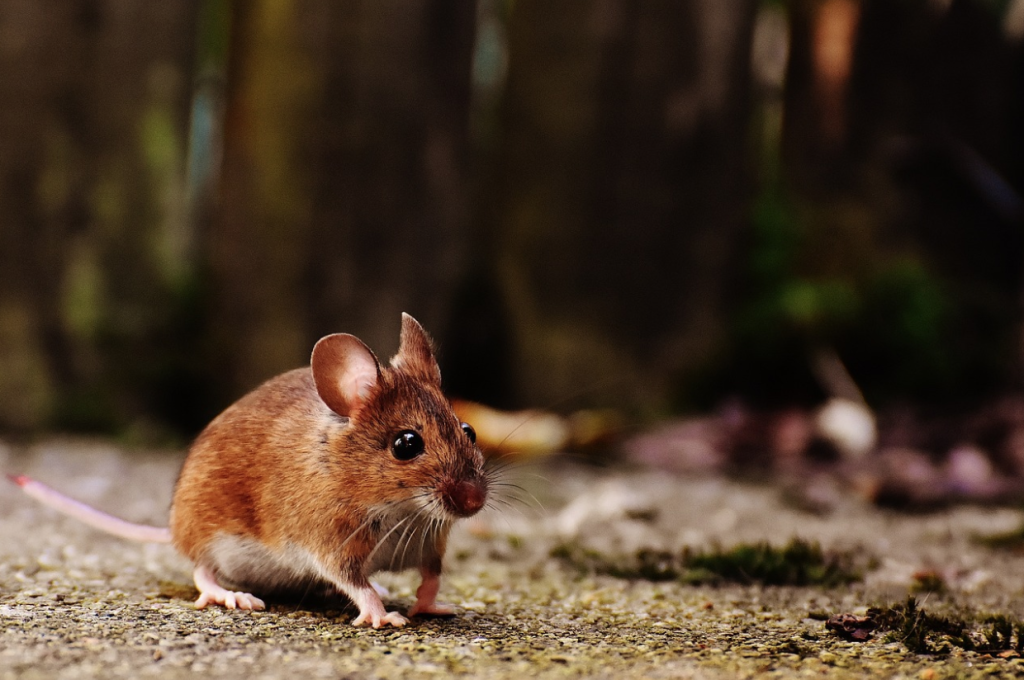Dealing with pests on your property can be more than just a nuisance. For homeowners, property managers, and real estate investors, it’s a situation that requires swift, effective action. Not only can pests damage structures and pose health risks, but they can also significantly devalue a property. Addressing pest infestations must be a top priority to maintain the livability and worth of your space. Here, we’ll dissect six crucial strategies that will help you handle a pest-contaminated property with precision and care, ensuring the best possible outcome for you and those involved with your property.

1. Prioritize Professional Pest Control Services
When it comes to pest problems, swift action is your best plan. Professional pest control services can diagnose the extent of your infestation and offer a customized treatment plan that is both safe and effective. Often, the root of the problem lies beyond the surface, with nests and breeding areas tucked away in unseen spots. Professional pest control for apartments experts have the training and tools to track these issues down and eradicate them. While DIY methods may seem attractive, their success is often short-lived, allowing the problem to resurface and escalate. Prioritize the experience and expertise of professionals to get ahead of the issue.
2. Seal Entry Points
Prevention is the best medicine when it comes to pests. They often enter properties through small, unseen openings such as cracks in the foundation, gaps around windows, or holes in the roof. Sealing these entry points denies pests the access they seek. Materials like caulk, steel wool, and wire mesh are your allies in creating a barrier against unwanted guests. Regular inspections of your property can help you stay proactive. Remember, sometimes the smallest cracks can be an open invitation for the critters, so a thorough approach is necessary.
3. Regular Maintenance and Cleaning
A well-maintained property is less likely to attract pests. Regular maintenance, such as fixing leaks, trimming overgrown greenery, and clearing out clutter, can significantly reduce the chances of infestations. Pests often seek out environments that offer easy access to food, water, and shelter. By keeping your property clean and free from rotting wood or stagnant water, you remove these incentives. A routine cleaning schedule, both indoors and outdoors, can be a game-changer in warding off a variety of pests.
4. Educate Tenants
For property managers and landlords, the people living on your property play a critical role in pest management. Educating tenants about good housekeeping practices–like properly storing food, disposing of trash regularly, and promptly reporting any signs of pests–can turn them into valuable allies. It’s also crucial that they understand the importance of not blocking vents and crawl spaces and the repercussions of doing so. Provide clear guidelines and resources so tenants are aware of what’s expected and how they can contribute to a pest-free environment.
5. Install Pest Repellents
In the ongoing battle against pests, repellents can serve as a frontline defense. They don’t usually eliminate the problem but can deter pests from entering in the first place. This additional measure can be critical, especially in areas prone to certain types of infestations. Repellents come in various forms, from ultrasonic devices to scent-based products, and can be tailored to suit different pest profiles. When used in conjunction with other strategies, they fortify your property’s defenses and contribute to a multi-layered pest management plan.

6. Regular Pest Inspections
Regular inspections are your ‘early warning system’. They allow you to catch pest problems before they escalate. Engaging a professional for periodic checks of your property can alert you to any vulnerabilities in your prevention measures and identify issues that require immediate attention. Inspections are particularly important if your property has a history of infestations or is located in an area where certain pests are known to be prevalent. It’s never too early to discover a nest or too late to prevent further damage.
In summary, facing a pest infestation on your property requires a comprehensive approach that combines proactive prevention with effective eradication. Engaging professional services, sealing potential entry points, maintaining cleanliness, educating occupants, using repellents, and conducting regular inspections serve as a formidable strategy to protect your property. Remember, the key to efficient pest management is quick and knowledgeable action. By following these six tips, you can safeguard your property’s integrity, value, and the health and comfort of those who live or work in it.






